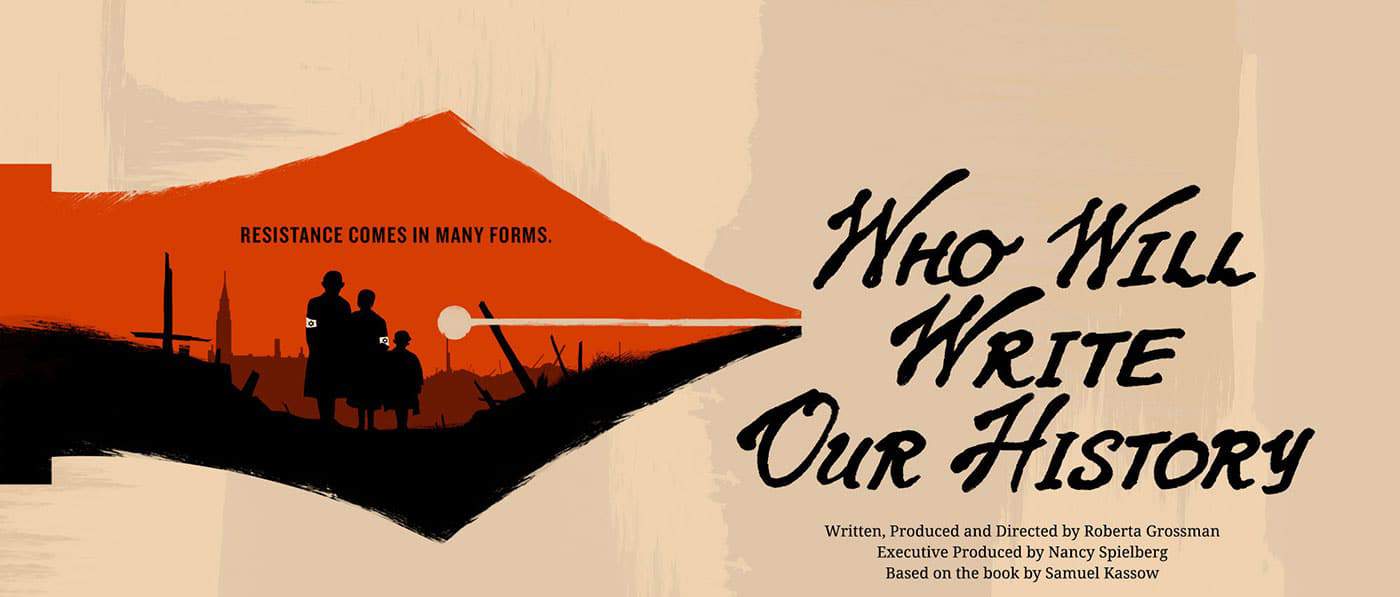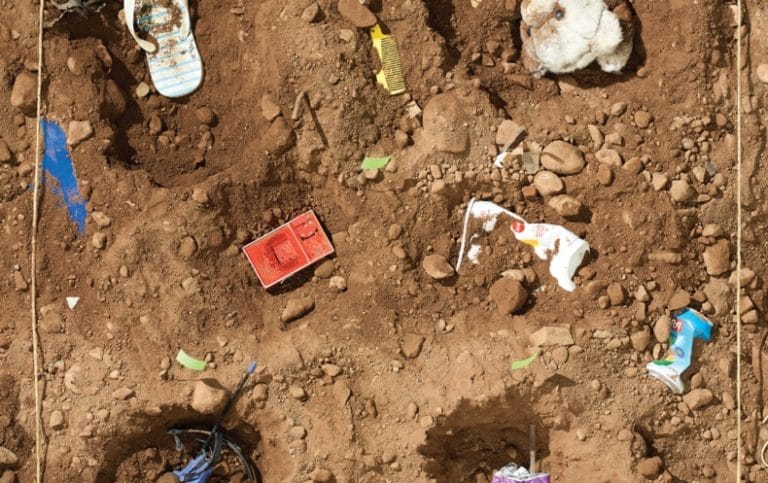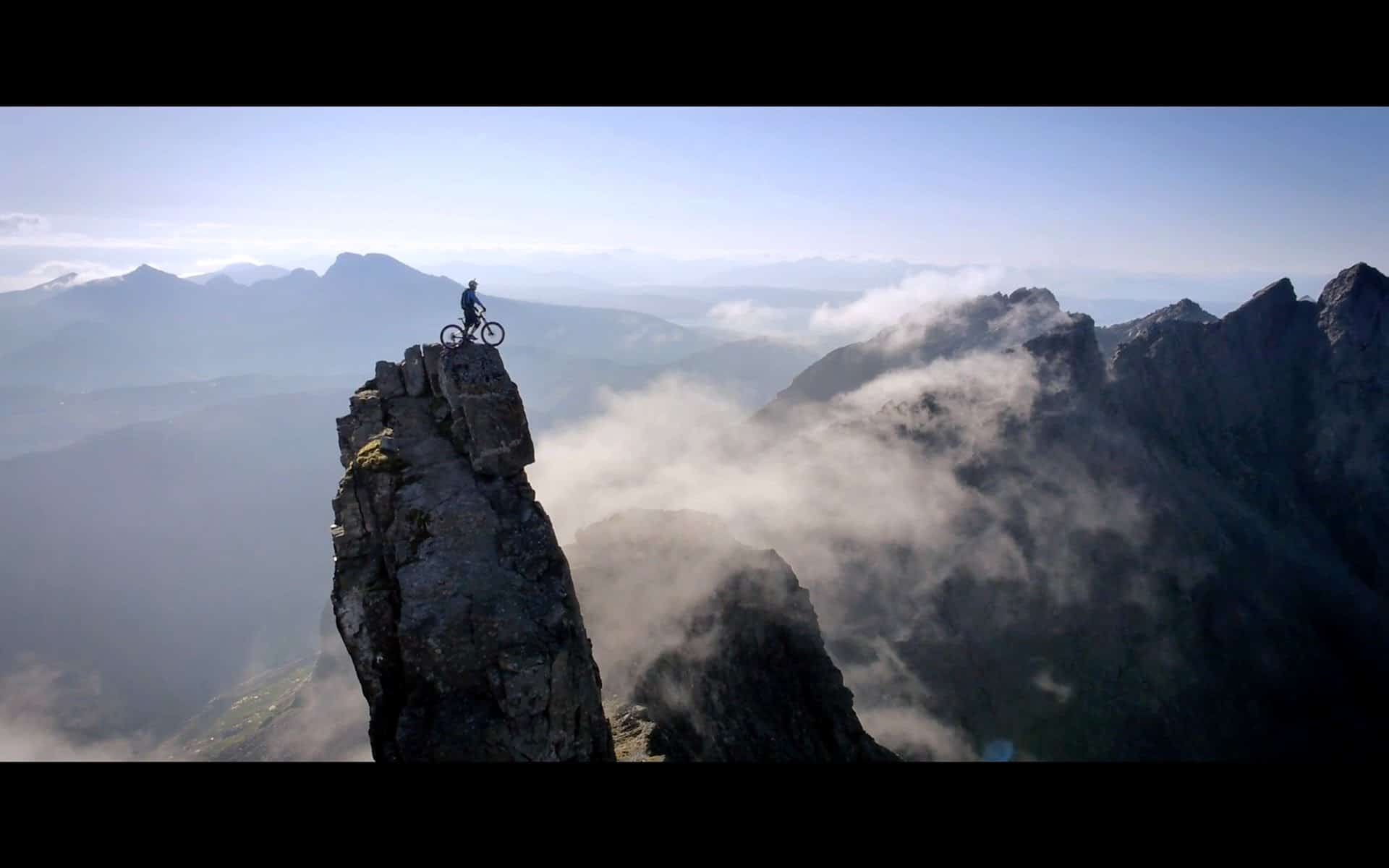I recently had the fortune to see a new film about a group of Jewish men and women who lived in the Warsaw Ghetto and defied their Nazi oppressors by undertaking a project to document, collect, organize, and safeguard a record of their lives—all done under extreme secrecy and the looming threat of death. This group, led by historian Emanuel Ringelblum, called their project Oyneg Shabbes. (Oneg Shabbes is a Yiddish phrasing of Oneg Shabbat in Hebrew, or “joy of the Sabbath.”) Their heroic acts are the subject of Who Will Write Our History, a new film—part documentary, part dramatization—based on a 2007 book of the same name by Samuel D. Kassow. The film’s director, Roberta Grossman, created something very special: a film about the Holocaust that feels fresh, even after 75 years of films on the subject. Both sweeping and intimate, Who Will Write Our History is unique in its story and feel.
The film tells a story that, to my knowledge and according to the filmmaker, hasn’t been portrayed on screen before. I must admit that even after having read a lot about the Holocaust and seen many movies on the subject, this topic of the Oyneg Shabbes archives had not crossed my radar before seeing Who Will Write Our History. Rather than rehash a narrative that the film presents so well, I’ll simply suggest that you take the time to see it. At a minimum, please check out some of the links I’ve compiled at the end of this post to learn more about the historical importance of the archives. At the end of the film, a title card reminds viewers:
In 1999, three document collections from Poland were included in UNESCO’s Memory of the World Register: the masterpieces of Chopin, the scientific works of Copernicus and the Oyneg Shabes Archive.
Who Will Write Our History weaves documentary-style interviews into a tapestry of historical footage, re-enactments, voice overs of writings from the archives, and visuals of actual historical documents. Grossman walks a filmmaking tightrope here—reenactment of such sensitive subject matter can easily fall flat, if not become displeasing, when not executed properly. But the live action passages here are compelling, expertly acted, and tonally on-point. Crucially, the decision to include a number of reenacted passages throughout the film is not simply artistic license on the filmmaker’s part. As noted by director Roberta Grossman during a Q&A I attended, the decision was heavily influenced by the stark reality that almost all of the visuals of the Warsaw Ghetto that survived the war are from Nazi archives. These reenactments are attempts to let long-silenced voices speak again through a new lens. From the opening title card of the film we learn that every line of dialogue and voice over is taken directly from writings in the Oyneg Shabbes archives. It is a note that echoes in your head as you watch the film unfold.
What makes Who Will Write Our History unique is that the very act of watching the film fulfills the mission of its subjects. For Ringelblum and the members of Oyneg Shabbes, their experience in the Warsaw Ghetto was focused on documenting their experiences—especially the day-to-day—so that future generations would know of their lives and plight. As they sensed their lives might end at any moment, these men and women were concerned their stories would be framed for future generations by their murderers. Their resistance was to fight against that fate. What we see in Who Will Write Our History is the discovery and celebration of their lives and work, even as those lives suffered tragic ends. The group’s work is a patchwork of the artistry of individuals—writings, drawings, confessions, fears, hopes, jokes, poems, songs. All the recognizable elements of our own lives are preserved in this archive (by virtue of some miraculous discoveries detailed in the film). The question that the film’s title begs is one answered both by the subjects but also by us, its viewers. I can’t think of another film on the Holocaust that so connects the viewer to the subjects’ desires in such an intimate way.
I strongly recommend Who Will Write Our History, and I hope that it receives the audience its subjects deserve.
Learn more:


